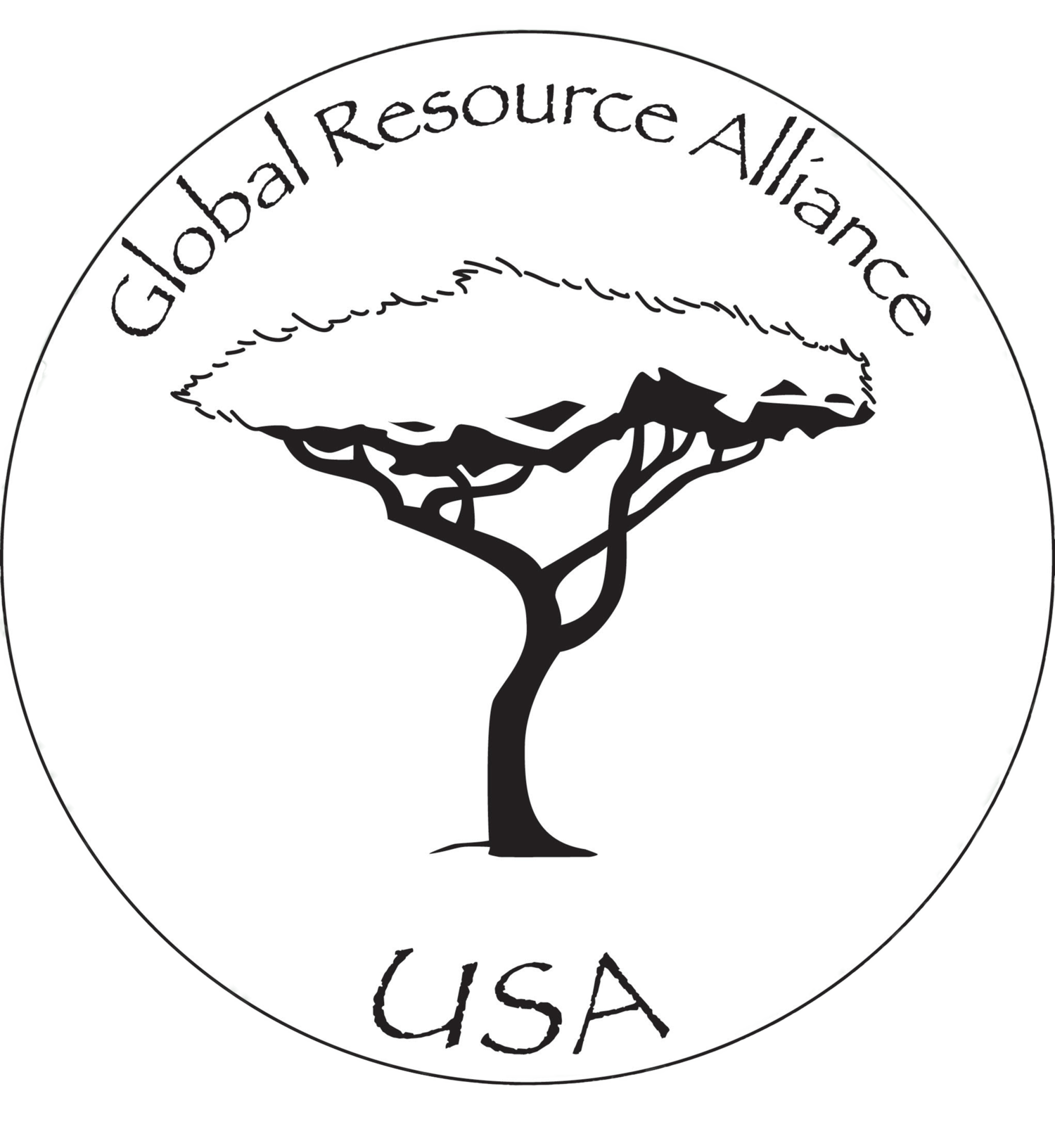What We Did in 2021
Tree Planting
In collaboration with Belgian NGO, WeForest, we distributed 746,000 trees for carbon offset, economic opportunity and to support local communities. This brings the total number of trees planted since the inception of the project in 2011 to over 2.3 million trees. In the last quarter of 2021, we received an order of 400,000 more trees to be planted in the Spring of 2022 and the team has already prepared the nurseries to fulfill this order.
GRA tree planting project has successively worked towards implementing its project goal: to increase and sustain forest resources by establishing sustainable (agro)forestry landscapes with smallholders in the Mara Region, Tanzania.
Along with tree planting and distribution intervention, the project managed to impart knowledge to farmers and institutions on best silviculture practices (development and care of forest) and agroforestry techniques. A total of 676 farmers (497 men and 179 women), 85 primary schools, 66 secondary schools, 17 churches, and 3 mosques benefitted.
The project has also managed to conduct tree survival assessments for trees planted in recent years. The general tree survival rate stood at 80.1%.
The project managed to shift its tree nursery operations from Kinesi to the Utegi area where there was relatively more demand for tree seedlings. Moving to Utegi enabled the project to increase seedling sales. The project continues having two nurseries, one in Utegi and the other in Butiama.
There was infrastructure development in our nurseries during 2021 as follows: installation of a solar water pumping system (Utegi), construction of a building for an office and store (Utegi), purchase of a 40ft container for office and equipment storage (Butiama) and the establishment of a shaded agroforestry training area with chairs and tables (Butiama)
The project covers five districts of the Mara region namely Rorya, Butiama, Tarime, Bunda, and Musoma Rural with its headquarters at GRA offices in the Musoma Urban region.
We planted seeds of 45 different tree varieties in each nursery including fruit, medicinal, timber, ornamental, fencing, and nitrogen-fixing trees.
We have reforested the equivalent of about 3,750 hectares of land and served over 4,500 customers since 2011. These trees will sequester about 24,000 tons of CO2 each year.
The project collaborated with Tanzania Forest Services (TFS), Butiama District Council and the village councils of Kigori and Mwikoro to prepare a concept note for implementing the “Hillside forest restoration and regreening the surrounding landscape project.” This is a 5-year project, expected to restore about 1,475 Ha of degraded hillsides in Kigori and Mwikoro villages in Butiama district to start in 2023.
Fuel-Efficient Cookstoves
Total sales of the award-winning Eco-Zoom fuel-efficient charcoal cookstoves have increased to 774 in 2021. Each stove reduces the amount of CO2 produced by about 75% over traditional cookstoves - the equivalent of driving an SUV 7,500 miles on an annual basis. They also reduce toxic emissions by about 50%, helping to reduce the number one killer of children under 5 in Sub-Saharan Africa, indoor air pollution.
The greatest challenge in distributing these stoves is their high price compared to traditional stoves. Since these stoves don’t save fuel and save lives sitting in our office, we decided to drop the price to $22 each – about half our cost. Each family in the Musoma orphan program has been given a new stove for free. The new “Hillside Forest Restoration Project” in Butiama District is expected to distribute about 900 fuel-efficient cook stoves over the next five years.
Herbal Remedies
We continued to grow, process, and sell herbal products at affordable prices to over 500 customers for all types of tropical diseases including malaria, typhoid, parasites, yellow fever, amoebas, and tuberculosis. We also continued to produce and distribute a superfood made of moringa and amaranthus that greatly enhances the well-being of people suffering from malnutrition or living with HIV/AIDS and other chronic conditions.
Provided free remedies for over 150 people most in need like orphans, elders, and the poorest of the poor. GRA herbalist Lucy Ndege also offered consultations for those in need.
Support for Orphans
We completed the 19th consecutive year of the Tumaini kwa Watoto (Care for the Children) program that provides 62 orphans living with their extended families in the Musoma area with food, healthcare, school supplies, school fees for secondary school students, vocational training, and colleague fees, uniforms, shoes, clothes and weekly activities at the GRA-Tz office compound.
We also continued support for 40 families caring for orphans in Kinesi Village. The program provides clothes, health care, matrasses, sheets and mosquito nets, school fees, vocational training, and colleague fees for those that achieve that level of education as well as other supplies.
Provided after-school English, math, and science for the kids in the program several days a week both in Musoma town and Kinesi Village. These classes are helping our students to be better prepared for their national exams and have a better chance to qualify for further education.
Provided continuing scholarships for all 58 kids from the two orphan programs now enrolled in vocational training, colleges, and universities – or waiting to enroll in the next semester. 43 of the kids have already graduated from post-secondary institutions.
Permaculture
GRA’s 8-acre permaculture plot in Kinesi Village has been transitioned to the care of the families caring for orphans in the village including all fencing, water pumping and storage facilities and outbuildings. These families have received years of training in permaculture and will now take responsibility for the plot’s management. A village association of orphan guardians was set up some years ago for this purpose.
